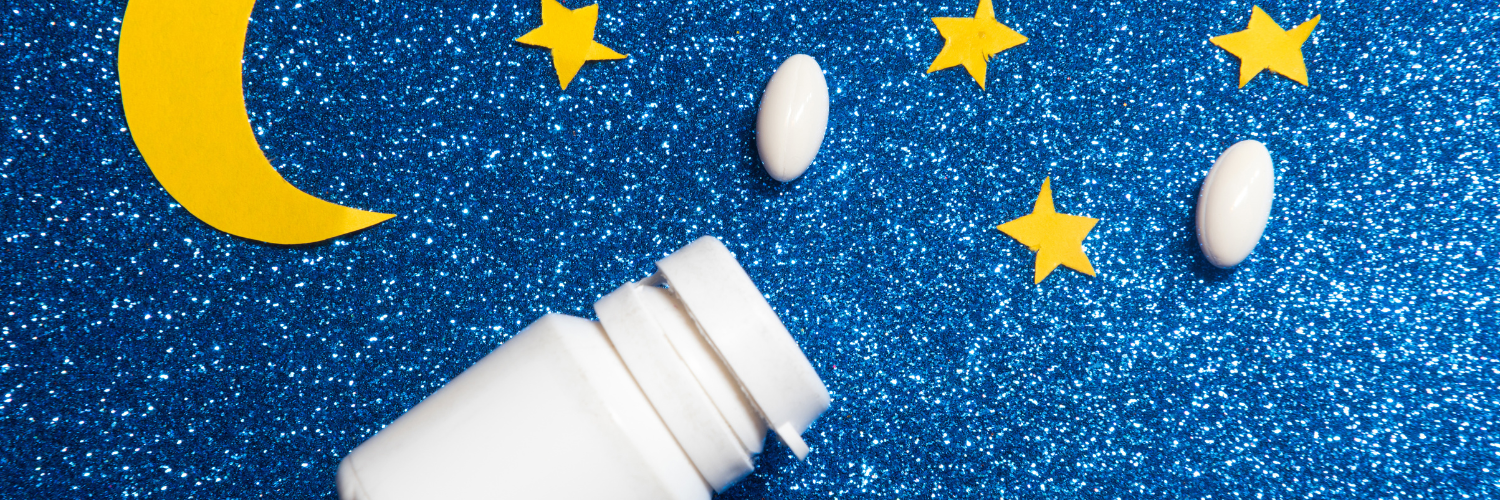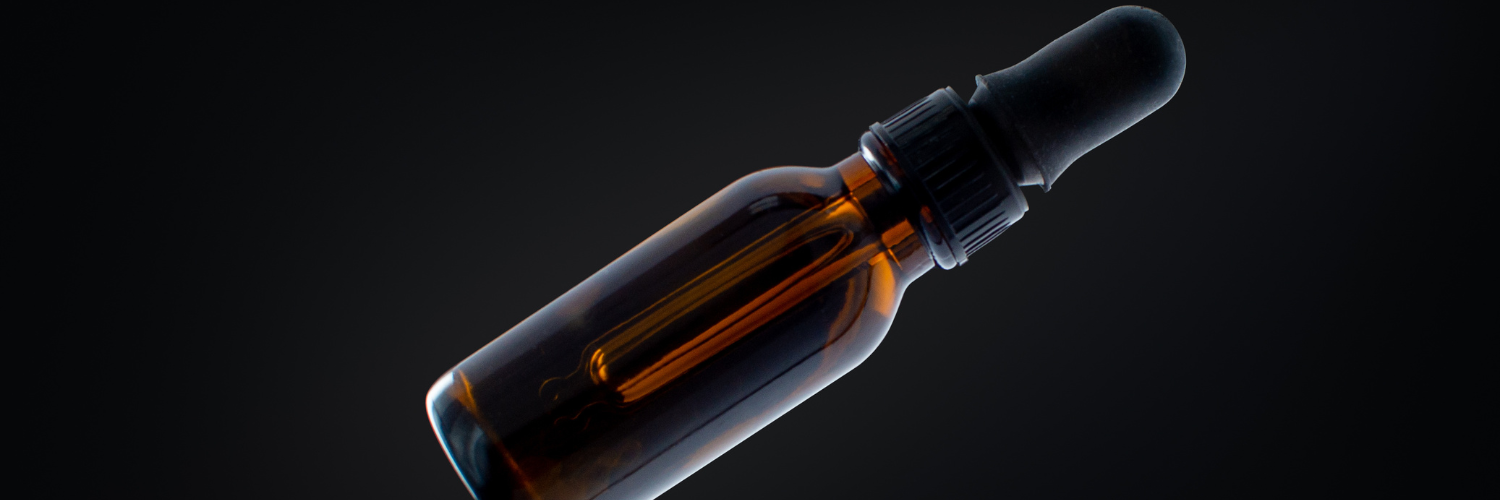CBN vs Melatonin: What’s More Natural for Sleep Support?
Tired of counting sheep? You’re not alone. If your nights have turned into tossing-and-turning marathons, chances are you’ve tried melatonin - or at least thought about it. But there’s a new (or should we say ancient?) contender in the natural sleep game: CBN. So what’s the real difference between these two, and which one feels more natural when your head hits the pillow? Let’s break it down.
What is CBN?
CBN, short for cannabinol, is one of the lesser-known cannabinoids found in the cannabis plant. It’s not here to get you high like THC, and it’s not as buzzworthy as CBD. But when it comes to that heavy-eyelids, cozy-under-the-blanket feeling, CBN is quietly becoming the go-to molecule in bedtime wellness routines.
Where does CBN come from?
CBN isn’t directly harvested like CBD. It’s actually a breakdown product of THC over time. In other words, as cannabis ages and oxidizes, THC gently transforms into CBN. You could say it’s cannabis’s way of mellowing out with age.
What does CBN feel like?
Many users describe CBN as deeply calming - like a gentle nudge toward relaxation without the mental fog or grogginess. It’s not about knocking you out - it’s more like easing you in. People often say it complements their wind-down rituals in a way that feels holistic and grounded.
Why people are turning to CBN for sleep
CBN has carved out a niche for itself among those looking for non-pharmaceutical alternatives to support sleep. Unlike melatonin, which acts more like a hormone spike, CBN seems to offer a steady, mellow transition into rest. It’s especially popular when paired with other cannabinoids like CBD, creating what some users call “the perfect nightcap.”
What is Melatonin?
Melatonin is a hormone your body naturally produces in response to darkness. It helps regulate your circadian rhythm - your internal clock that tells you when it’s time to snooze and when it’s time to rise. But the stuff in your supplement bottle? That’s a different story.
How melatonin works in the body
Melatonin supplements act like a loudspeaker for your brain, telling it to start winding down. You take a pill, and a few minutes later, your eyelids start to feel heavy. But here’s the catch: more isn’t always better. Melatonin works best when it mimics your body’s natural production, and getting the dose or timing wrong can throw your rhythm off even more.
The common drawbacks of melatonin supplements
Ever woken up after taking melatonin and felt more tired than before? You're not alone. Some users report morning grogginess, vivid dreams, and even disrupted sleep when the dose is too high. And let’s not forget - it’s a hormone. Flooding your system with too much, too often, may interfere with your body’s natural production over time.
Melatonin - natural or not so much?
Yes, melatonin is technically “natural” - but when it’s lab-made and taken in concentrated doses, it doesn’t always behave naturally. It’s kind of like drinking five cups of chamomile tea at once. More isn’t always more effective.
CBN vs Melatonin Comparison
Let’s put them side by side and see how they stack up.
Source and composition
-
CBN: Naturally derived from aged cannabis. Often paired with CBD for enhanced relaxation.
-
Melatonin: Synthetic versions are common. It mimics your body’s hormone but isn’t always bioidentical.
How they make you feel
-
CBN: Users describe it as a smooth, grounding presence. Think of it as gently rocking you to sleep.
-
Melatonin: Can feel like a sharp on-off switch. Helpful in some cases, but may cause a jarring wake-up.
Timing and effect duration
-
CBN: Often slower onset, with effects that build gently and taper naturally.
-
Melatonin: Usually fast-acting but short-lived, especially in lower doses.
Potential side effects
-
CBN: Few reported side effects when used responsibly.
-
Melatonin: Possible next-day grogginess, hormonal imbalance with long-term use, and inconsistent effects.
Which One Feels More Natural for Sleep?
Let’s talk about sleep cycles
Your sleep isn’t just “on” or “off.” It’s a wave of phases and patterns - light sleep, deep sleep, REM. The more your support tools align with these cycles, the better. That’s why so many people are turning to cannabinoids like CBN. They often report a more seamless flow between stages of sleep, compared to melatonin’s sudden drop-off.
How each option fits into a routine
Melatonin might be helpful in a pinch - say, for jet lag or an occasional restless night. But CBN? It feels more like a lifestyle shift. Many users integrate it into their nightly ritual - tea, bath, a little journaling, and a Zen CBD + CBN Sleep Tincture. It’s not about force - it's about flow.
Popular Ways to Use CBN for Sleep
Gummies - a sweet way to snooze
Gummies are a fan favorite, and for good reason. They’re tasty, easy to dose, and feel like a treat. The CBD + CBN Watermelon Sleep Gummies from Yin Yang Infusions are a great example - they combine CBN with CBD in a juicy watermelon flavor that makes bedtime something to look forward to.
Tinctures - precision and peace
Tinctures offer a little more control. Want to dial in the dose or take it sublingually for faster onset? The Zen CBD + CBN Sleep Tincture is formulated to help you unwind naturally. You can drop it under your tongue or add it to tea - either way, it blends into your evening effortlessly.
Why CBN Has the Wellness World Buzzing
CBN isn’t just a trend - it’s a shift in how we think about rest. Rather than pushing sleep with hormone spikes, people are embracing the idea of aligning with their body’s rhythms. CBN products like those from Yin Yang Infusions fit into a broader self-care ritual that prioritizes balance over brute force.
Final Thoughts on CBN vs Melatonin
If you’re looking for something that supports - not hijacks - your natural rhythm, CBN may be worth exploring. It’s subtle but powerful, calming without being overpowering. Melatonin might have its place, but for those seeking a more holistic approach to sleep, CBN feels like the modern evolution of a natural bedtime solution.

FAQ
1. Is CBN better than melatonin for long-term use?
CBN is often chosen for its gentle, lifestyle-integrated feel, especially by those looking for consistent nighttime support.
2. Can I use both CBN and melatonin together?
Some users do, but it's best to start with one and see how your body responds before combining the two.
3. How long does it take for CBN to work?
Most people begin to feel the effects within 30-60 minutes, especially with tinctures taken sublingually.
4. Do CBD and CBN work better together?
They’re often paired to support relaxation and sleep. Many users say the combo feels more well-rounded.
5. Can I take CBN every night?
Yes, many people include it in their nightly routine as part of a natural wellness regimen.
6. Will I feel groggy the next morning with CBN?
CBN is generally described as having a smoother come-down compared to melatonin, with fewer reports of grogginess.
7. What’s the best way to take CBN for sleep?
Try CBN gummies or the CBN tincture about 30-60 minutes before bed.
8. Is melatonin safe to take every night?
While commonly used, it’s important to monitor how your body responds to regular melatonin supplementation.
9. Do CBN and melatonin work the same way?
Not quite - melatonin mimics a hormone, while CBN works more like a gentle plant compound to support relaxation.
10. Where can I buy CBN products?
You can explore premium CBN options at Yin Yang Infusions, including gummies and tinctures crafted for nightly use.

